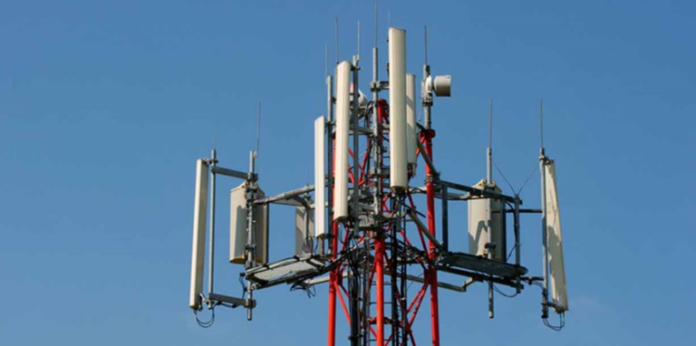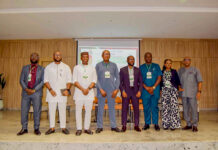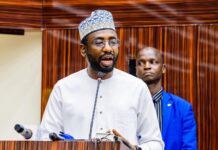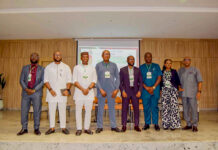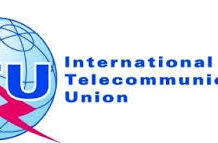Telecommunications and economic experts have raised concerns over Nigeria’s low broadband penetration, warning that it continues to hinder economic growth, digital inclusion, and competitiveness in the global digital economy.
Despite improvements in mobile internet access, Nigeria’s broadband penetration remains below the government’s target, limiting opportunities in e-commerce, fintech, telemedicine, and digital education.
At a recent technology and economic summit held in Abuja, industry leaders, policymakers, and analysts highlighted the urgent need for increased investment in broadband infrastructure to bridge the digital divide and unlock Nigeria’s full economic potential.
According to data from the Nigerian Communications Commission (NCC), broadband penetration in Nigeria currently stands at approximately 48 per cent, falling short of the 70 per cent target set by the National Broadband Plan (2020-2025).
While urban centers like Lagos, Abuja, and Port Harcourt enjoy relatively stable internet access, rural areas remain severely underserved, with millions of Nigerians lacking access to high-speed internet.
The Nigeria’s Minister of Communications, Innovation, and Digital Economy, Dr. Bosun Tijani, acknowledged the challenges, stating that “broadband is the backbone of a digital economy.
Without significant improvements in penetration and affordability, Nigeria risks falling further behind in the global digital revolution.”
Experts argued that limited broadband access stifles economic development in multiple ways such as limited digital financial services, constraints on e-commerce and SMEs, education and skills gap, as well as foreign investment and innovation.
With over 38 per cent of Nigeria’s adult population still unbanked, broadband expansion is crucial for financial inclusion.
Mobile banking and fintech solutions rely on stable internet connectivity, which remains inconsistent in many regions.
Small and medium-sized enterprises (SMEs), which contribute nearly 50 per cent of Nigeria’s GDP, struggle to thrive in an environment where poor internet access hampers online transactions, digital marketing, and logistics.
The shift toward e-learning and remote work requires reliable internet. Many students and professionals in underserved areas face difficulties accessing online education platforms, widening the skills gap.
Tech startups and foreign investors prioritise countries with strong digital infrastructure. Nigeria’s broadband deficit discourages potential investors, limiting job creation and technological advancement.
Meanwhile, the experts identified several factors that contribute to Nigeria’s broadband penetration struggles which include infrastructure deficits, high cost f internet, security concerns, and policy and regulatory bottlenecks.
The industry experts noted that fiber optic coverage is limited, while last-mile connectivity remains weak, particularly in rural areas.
“Internet services remain expensive for the average Nigerian due to multiple taxation, right-of-way issues, and operational inefficiencies. Again, vandalism of telecom infrastructure and fiber cuts disrupt services, discouraging further investments.
“Another challenge is the delays in approvals and inconsistent policies that slow down broadband deployment,” they stated.
To address these challenges, stakeholders have recommended Public-Private Partnerships (PPPs) – an increased collaboration between the government and telecom operators to expand infrastructure.
They also urged the governments to reduce Right-of-Way charges. While acknowledging that some states have waived or reduced these fees, they insisted that nationwide adoption is needed to incentivise fiber deployment. Tech experts advocated investment in alternative technologies.
According to them, there is need to leverage satellite internet and wireless solutions to reach remote areas. They also encourages the government on faster implementation of the National Broadband Plan with clear targets and accountability.
As Nigeria strives to achieve its digital economy goals, experts emphasize that broadband expansion must be treated as a national priority.
With the global economy increasingly driven by digital transformation, Nigeria cannot afford to lag behind. “The future of Nigeria’s economy depends on connectivity,” said Juliet Ehimuan, a tech policy expert, adding: “If we get broadband right, we can unlock innovation, create jobs, and improve livelihoods across the country.”
Though the Federal Government has reiterated its commitment to improving broadband penetration, stakeholders insist that urgent, coordinated action is needed to turn these plans into reality.


